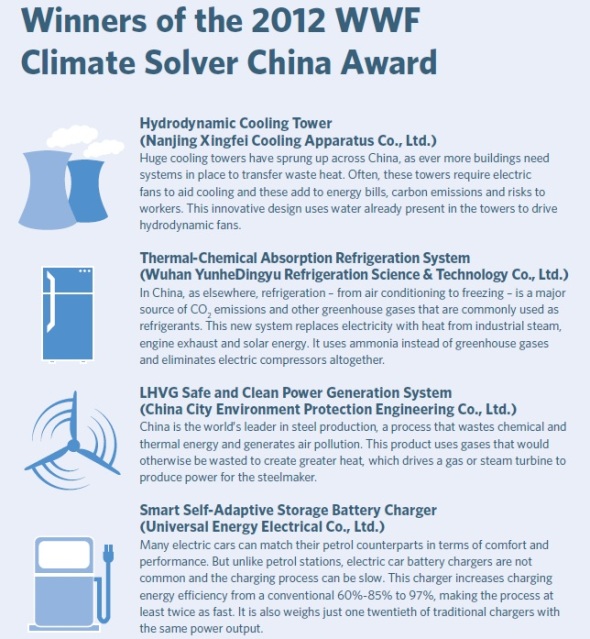
This issue of New World considers a range of technological developments and their potential to contribute to tackling global challenges. From addressing climate change to combating extreme poverty, we ask whether ‘technology’ can save the world.
In recent years that question has been asked of China. The country has experienced remarkable economic growth over the last three decades, helping to lift some 600 million people out of poverty. While the global financial crisis has slowed its expansion, annual growth is still around 7%. Each year, it adds an estimated 50 million consumers to its middle class, and it awards more PhDs, and applies for more patents than any other country.
Small wonder that politicians and economists alike are hoping that China will lead global economic recovery and push forward international development. Last year, it helped to boost the International Monetary Fund’s lending power, and its contributions to the UN’s regular budget rose to 5.15%, making it the sixth-largest contributor, just 0.03% behind the UK. Western states are increasingly looking to sell to Chinese buyers, and developing countries, particularly in Africa, are turning to China for aid, trade and investment.
So can China save the world? As Ambassador Liu points out in our interview, by any per capita measure, China is still a developing country. It continues to grapple with huge challenges, from mass urbanisation to an aging population, and its success has come at a cost, in political, social and environmental terms.
Take pollution. Earlier this year, the Chinese government admitted that chemical pollution has led to soaring cancer rates and environmental disasters. Over 90% of urban groundwater is reportedly contaminated and smog frequently threatens to bring cities to a standstill. In January, air pollution in Beijing is believed to have been nearly 40 times the safe level designated by the World Health Organisation.
 Yet many believe not only that China can overcome these challenges, but that in doing so, it will help global efforts to tackle climate change and environmental degradation. China has gone from having virtually no green infrastructure in 2008 to producing 133 Gigawatts of renewable energy – enough to power 53m homes. The world’s largest carbon emitter is also fast becoming its biggest green spender. While green investment fell by 11% globally last year, China’s contribution rose by 20% to $68bn, a quarter of the total spent. It is promoting green technologies, with four Chinese companies receiving Worldwide Fund for Nature ‘climate solver’ awards in 2012. And it has set targets for lowering carbon emissions and energy consumption, under the UN’s (voluntary) Copenhagen Accord, and in its national five-year plan.
Yet many believe not only that China can overcome these challenges, but that in doing so, it will help global efforts to tackle climate change and environmental degradation. China has gone from having virtually no green infrastructure in 2008 to producing 133 Gigawatts of renewable energy – enough to power 53m homes. The world’s largest carbon emitter is also fast becoming its biggest green spender. While green investment fell by 11% globally last year, China’s contribution rose by 20% to $68bn, a quarter of the total spent. It is promoting green technologies, with four Chinese companies receiving Worldwide Fund for Nature ‘climate solver’ awards in 2012. And it has set targets for lowering carbon emissions and energy consumption, under the UN’s (voluntary) Copenhagen Accord, and in its national five-year plan.
Undoubtedly, China’s one-party system is useful in engendering rapid change, and activists at home and abroad fear that the country’s growing global stature will impede progress in human rights, democracy, transparency and equality. While the Chinese press and public have been unusually forthright on environmental issues, it is clear that censorship prevails. Recently, the environment ministry refused to disclose data on soil pollution on the grounds of state secrecy.
But while China’s environmental efforts can be interpreted as means to secure own growth and stability, if it is able to reposition its economy, enact green legislation and develop clean technology, its actions will have a profound impact on sustainable development worldwide.












